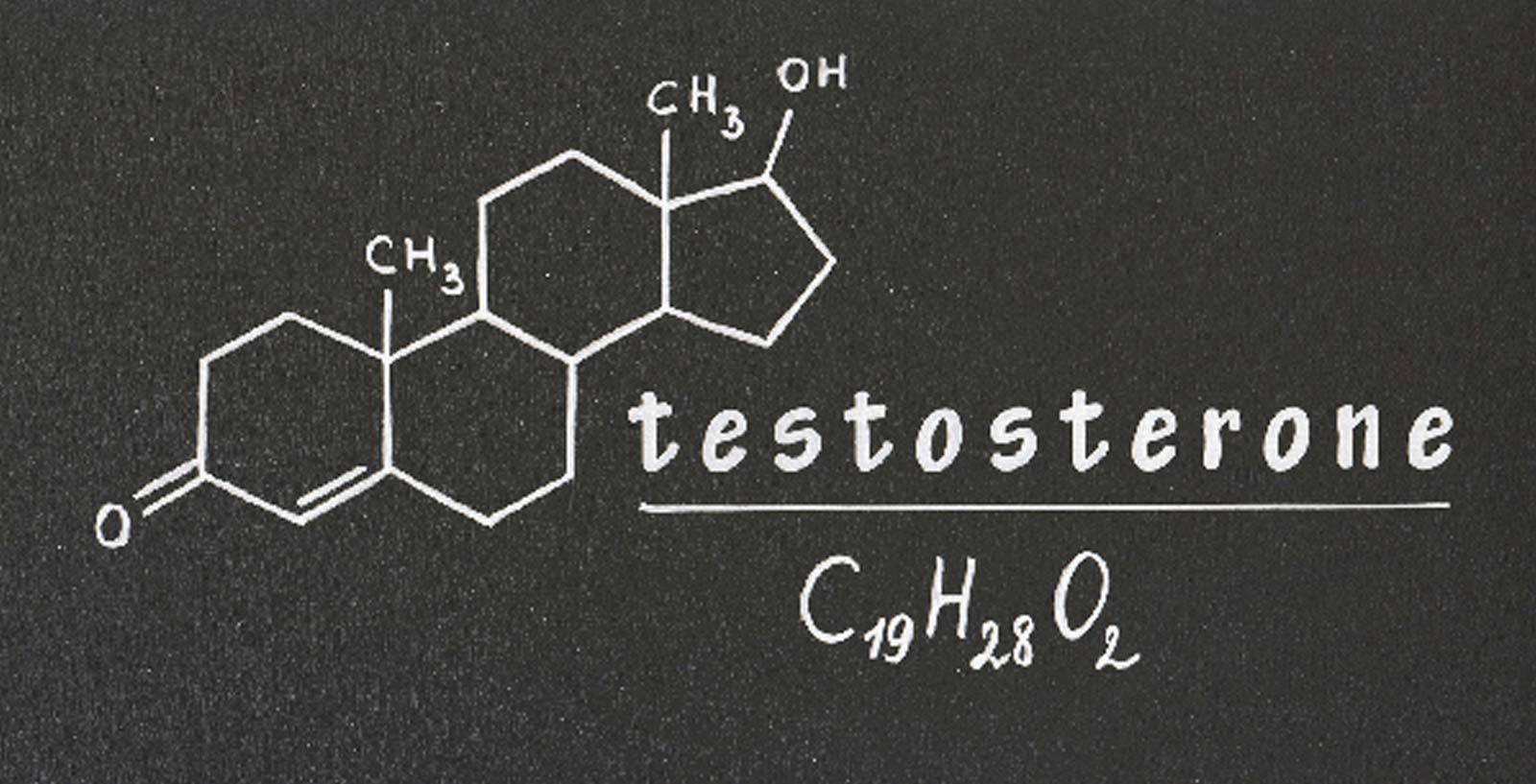Chronic inflammation is one of the most insidious threats to health today—and research is increasingly establishing a link between testosterone deficiency and inflammation. This is especially true for women, who have naturally lower levels of testosterone than men, which may help explain why they are at higher risk for certain inflammatory diseases and autoimmune conditions.
Inflammation is the body’s immune response to harmful stimuli such as damaged cells, pathogens, or irritants. There are two kinds of inflammation: acute and chronic. Acute inflammation is a short-term response to injury. This type of inflammation is characterized by local redness, swelling, and burning. Chronic inflammation, on the other hand, is mostly invisible and occurs inside the body. During this type of inflammatory response, the body releases chemicals into the bloodstream that can cause widespread damage. Chronic inflammation can result from various health conditions, including obesity and diseases like diabetes, as well as stress, lifestyle factors, and others. Once this cycle begins, chronic inflammation has been shown to contribute to many chronic degenerative conditions such as cancer, heart disease, diabetes, hypertension, and stroke. It is also associated with neurodegenerative diseases like Alzheimer’s. Chronic inflammation leads to poor immunity, accelerated aging, weight gain, and chronic pain (such as migraine and joint pain).
While scientists are still learning new information about the causes and implications of chronic inflammation, there is one important area of research that most people are unaware of: the link between low testosterone and inflammation. Chronic inflammation has been shown to lower testosterone levels. In turn, testosterone deficiency actually makes chronic inflammation worse, setting up a negative feedback loop where chronic inflammation and testosterone deficiency reinforce and amplify each other. The end result? Increased risk of chronic diseases from both testosterone deficiency and long-term inflammation.
Factors that contribute to inflammation include:
- Aging – Aging is one of the main contributors to both low testosterone and chronic inflammation. As people age, their testosterone levels drop. For men, the reduction is steady and incremental, with men losing up to 1% of testosterone production annually, sometimes beginning in their mid-30s. By the time a typical man is in his 50s, he may be experiencing the effects of andropause, or the dramatic reduction in testosterone levels. This is a widely recognized condition that increases the risk of all sorts of inflammatory diseases.
For women, testosterone levels drop as part of menopause, when overall steroid hormone production markedly declines. Menopausal women also experience a dip in their testosterone compared to healthy younger women who are not suffering from sexual dysfunction.
This natural reduction in testosterone production is worsened by the age-released increase in inflammatory factors such as interleukin- 1beta (IL-1beta), interleukin-6 (IL- 6), and tumor necrosis factor alpha (TNF-alpha). Elevated pro-inflammatory cytokines negatively affect the testicular and hypothalamic-pituitary gonadal axes, thereby inhibiting testosterone secretion. - Toxic lifestyle – A diet heavy in nutritionally depleted, chemical laden processed foods; smoking; alcoholism; poor or irregular sleep; lack of exercise; drinking from plastic bottles that contain xenoestrogens, or estrogen-like chemicals that leach from the plastic into your drink; and use of household and personal care products replete with hormone disruptors all directly contribute to inflammation and hormone disruption.
- Hormone imbalance – Hormonal imbalance can happen at any age, but is more prevalent in old age. Most aging men and women will suffer from various levels of hormone imbalance at some point, as their natural production of hormones decreases.
Testosterone Therapy to Fight Inflammation
Testosterone therapy may help ease inflammation in a number of ways. It can suppress phospholipase D, the enzyme that is responsible for the production of pro-inflammatory leukotrienes. It may also help lower pro-inflammatory cytokines TNFalpha, IL-1beta, and IL-6, and increase levels of anti-inflammatory interleukin-10 (IL-10) cytokines.
Testosterone has been shown to offer immunomodulatory benefits in older men. A study involving 473 older male subjects revealed a strong inverse relationship between testosterone and soluble IL-6 receptor levels that may enhance the biological activity of IL-6. Interleukin-6 is a predictor of mortality and disability in older adults.
You may want to consider testosterone therapy if you are suffering from chronic inflammation. Consult with a qualified healthcare practitioner knowledgeable in natural hormone therapy to determine if you’re a good fit for drug-free interventions that are designed to restore hormonal balance.









